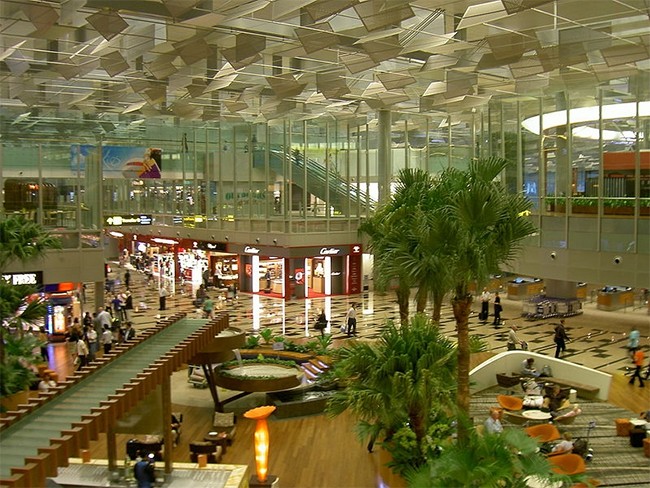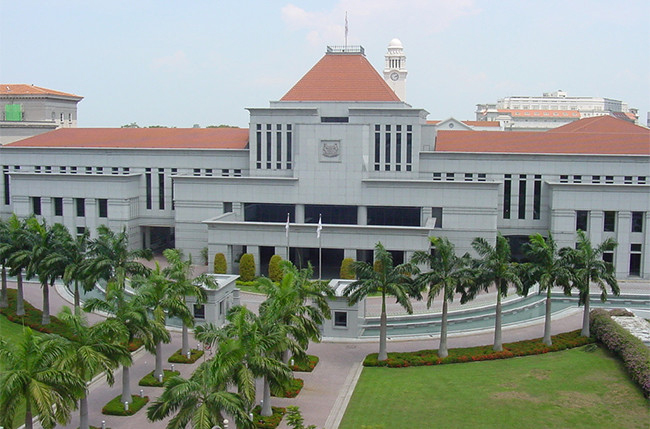Ray Schuster started our Asia Pacific operation in Singapore.
It wasn’t easy.
We didn’t have an international expansion department. No, I take that back. Ray was our international expansion department.
He navigated the government regulations. He found our office space and oversaw the buildout as well as played interior designer down to the size of the white board in the conference room. And oh, by the way, he still needed to win business, find talent and deliver a product that made for happy clients.
Truth to be told, I added to the degree of difficulty for Ray’s assignment.
With zero experience managing someone overseas much less knowing what it takes to build an international operation, I made Ray absorb the brunt of my on-the-job training. Thankfully, he can joke about it today.
The best testament to Ray’s problem-solving skills is today’s AP operation.
Ray has graciously offered to write more posts on his experiences beyond today’s post.
Stay tuned.
– Lou
My Encounter with the Singapore Political Process
I was sitting in a sidewalk café on Singapore’s Orchard Road when a young man came walking down the sidewalk with a small entourage and a few signs. He was an opposition candidate to the People’s Action Party (PAP) for a seat in Singapore’s Parliament.
He had openly criticized the ruling party and its tactics (as a life-long political junkie, I had a flashback to Chicago politics). I walked over to him, shook his hand and asked a few questions. He thanked me for my expat interest, and continued down his sidewalk campaign trail.
He was soundly beaten in the election.
It was fall of 1996, and I had recently arrived for my new assignment to open The Hoffman Agency’s first Asia-Pacific office. That candidate encounter was not the smartest thing I ever did. As an expat without a work pass, and representing a new company trying to get a business license, I should have been more thoughtful.
Nothing came of my candidate meet-and-greet, and I had probably exaggerated my potential impact on their political process.
Later, I began to see the naivety and audacity behind my early critiques of Singapore’s politics and culture. Its history is revealing: This small country had been under English rule until WWII and Japanese occupation. When the war ended, Singapore was on its own. It became an entity with Malaysia, but endured poverty, racial unrest and social-political dysfunction.
Lee Kuan Yew, the “Father of Modern Singapore,” entered the picture in 1959 as the first prime minister, and modern Singapore began to take shape.
Lee oversaw the separation of Singapore from Malaysia in 1965. He turned out to be a model “benevolent dictator,” moving the country from disarray and dysfunction to prosperity. He cracked down on violence and crime, made the state safe for all religions, encouraged economic development with heavy government support, and made Singapore a welcoming destination for foreign investment and production.
Today Singapore has a high-tech-driven economy; it has few homeless, a high rate of home ownership, little crime, and a constantly improving infrastructure.
A striking symbol of the country’s ascension is its Changi Airport, easily the best airport that I’ve known — anywhere. Lee Kuan Yew knew that first impressions count, and when your first impression of Singapore is Changi Airport, you are in an accepting mood even before you get to your hotel.


About every third person I talked to in the U.S. before I left for Singapore told me not to chew gum. We had all heard about the severe penalties for breaking certain social rules there, chewing gum being the most-popular one. I felt very little if any behavior pressure during my stay there, but did notice that the place is very clean.
That’s easy to live with.
Keep in mind when admiring the success and international reputation of this city-state the hard fact that its population is only 5 million-plus, roughly equivalent to our thinly populated state of Colorado. An entity that small is more open to government actions that produce good results — but also more susceptible to government actions that screw everything up. Good results have prevailed here.
I stand enlightened.

Leave A Comment